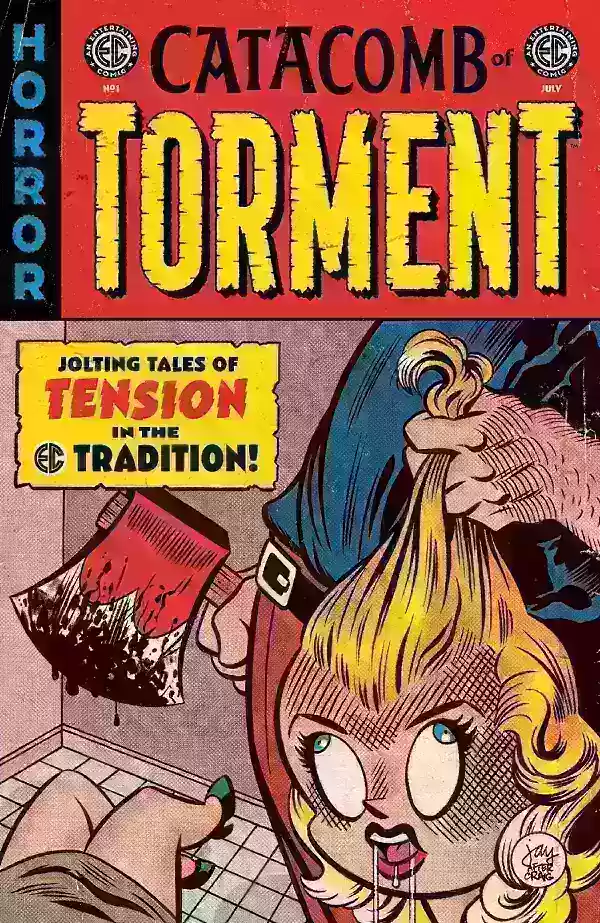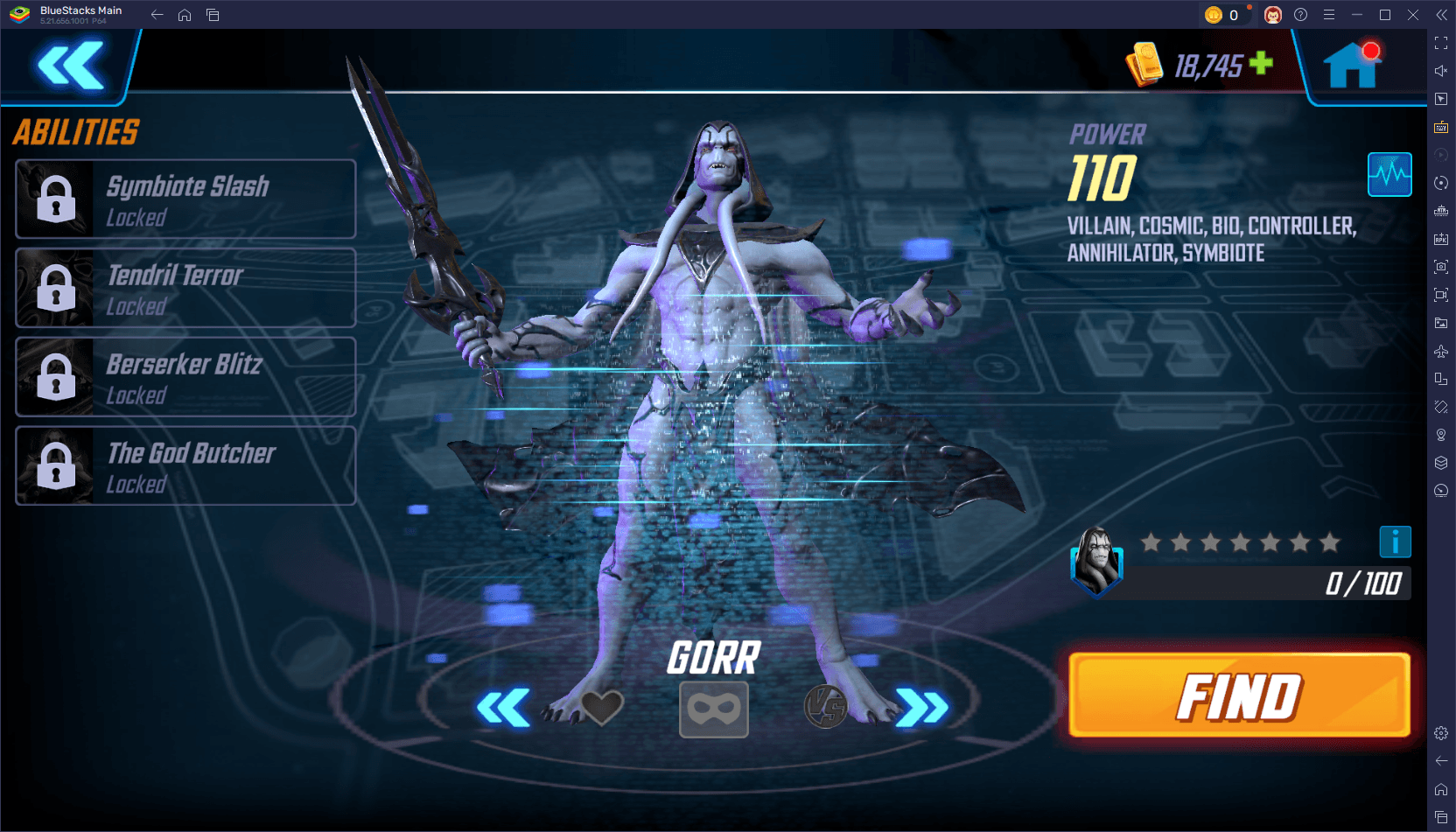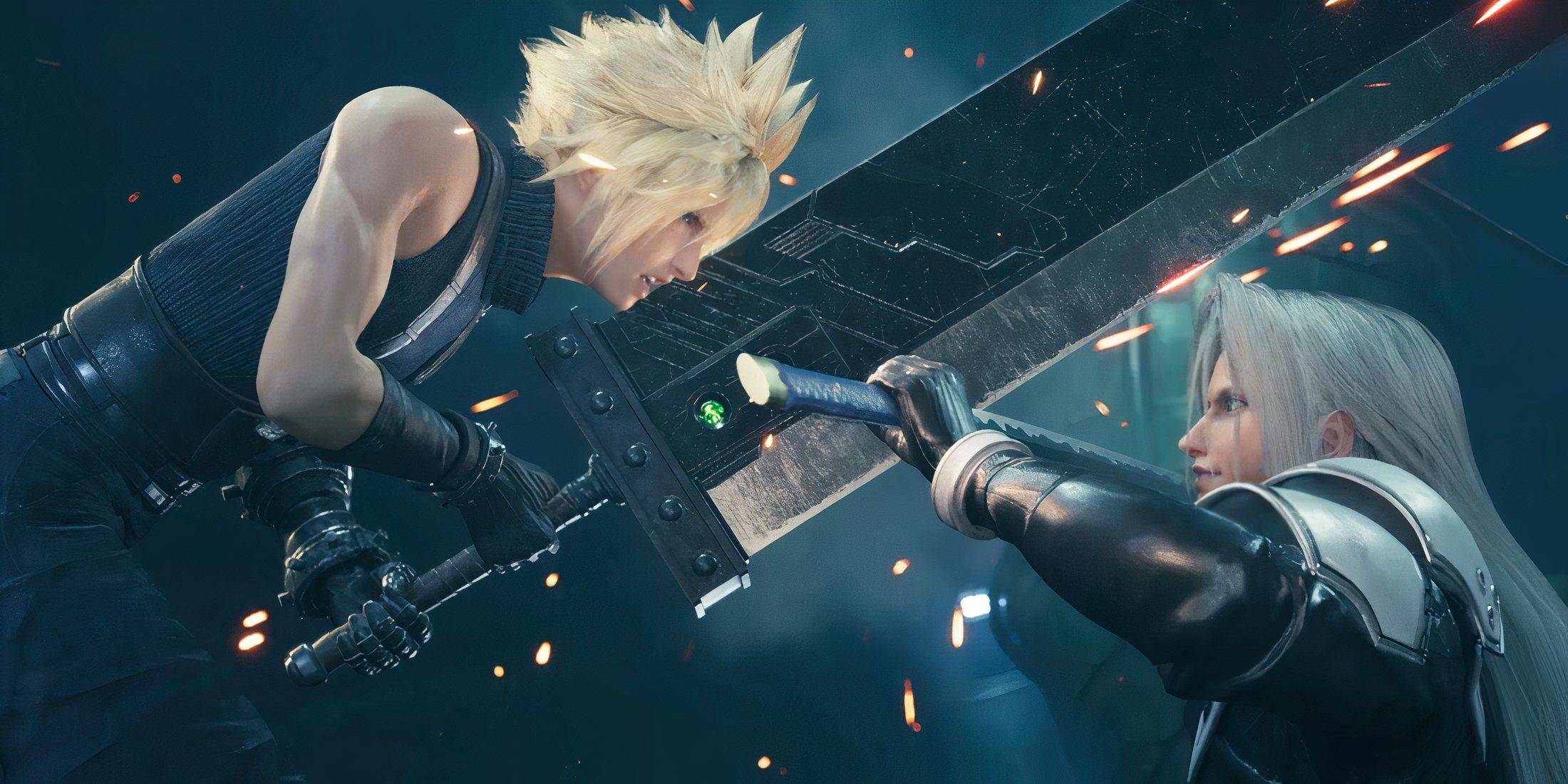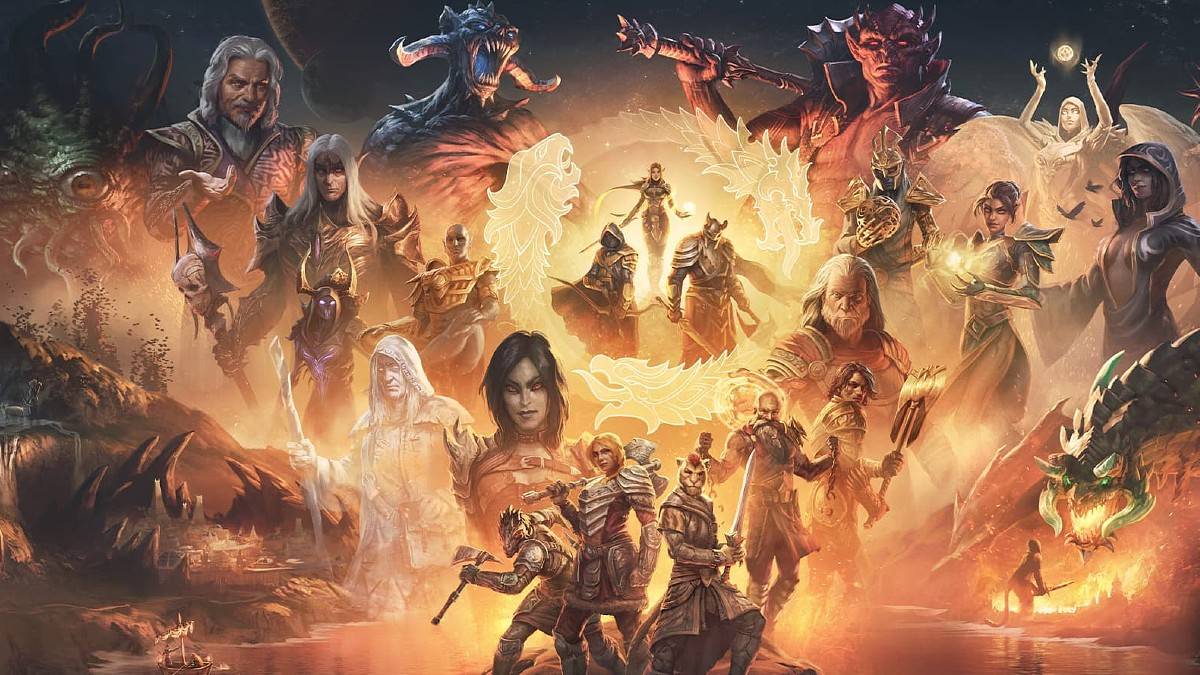The topic of turn-based games versus action-oriented systems has been a recurring theme in role-playing game (RPG) discussions, and the recent release of Clair Obscur: Expedition 33 has reignited this debate. Launched last week, Clair Obscur: Expedition 33 has been widely praised by IGN and other gaming outlets as an exceptional RPG. The game proudly showcases its inspirations, featuring a turn-based combat system, Pictos to equip and master, zoned-out "dungeons," and an overworld map reminiscent of classic RPGs.
In an interview with RPGsite, producer Francois Meurisse revealed that Clair Obscur was designed as a turn-based game from the outset, drawing inspiration from iconic titles like Final Fantasy VIII, IX, and X. Additionally, the game incorporates elements from Sekiro: Shadows Die Twice and Mario & Luigi, blending quick-time events for attacks and parrying/dodging for defense. This hybrid approach results in a gameplay experience that feels both traditional and action-oriented, sparking significant interest and debate within the gaming community.
The success of Clair Obscur: Expedition 33 has fueled discussions on social media, with many citing it as evidence against the shift away from turn-based mechanics in RPGs, particularly in the Final Fantasy series. Naoki Yoshida, during the media tour for Final Fantasy XVI, discussed the move towards more action-based mechanics in RPGs, citing a growing preference among younger audiences for real-time gameplay over command-based systems.
This shift is evident in recent Final Fantasy titles such as XV, XVI, and the VII remake series, which have embraced more action-driven systems. However, Square Enix has not abandoned turn-based games entirely, as seen with the success of Octopath Traveler 2 and other releases like SaGa Emerald Beyond and the upcoming Bravely Default remaster for Switch 2.
While some fans argue that Final Fantasy should follow Clair Obscur's lead, the reality is more nuanced. Final Fantasy has its own unique aesthetic and iconography that cannot be simply replaced by another game's mechanics. Clair Obscur: Expedition 33 stands out not just for its inspirations but for its innovative combat systems, compelling soundtrack, and thoughtful world-building, which are the result of the creative vision of its developers.
The debate over turn-based versus action-oriented RPGs is not new. Similar discussions have surrounded games like Lost Odyssey and comparisons between Final Fantasy VII and VI. Sales figures also play a role in these decisions, as Yoshida mentioned in his comments about Final Fantasy XVI, indicating that while he values command-based RPGs, market expectations influenced the game's direction.
Clair Obscur: Expedition 33 has achieved remarkable success, selling 1 million copies in just three days, which is a testament to the viability of turn-based RPGs. Other recent successes like Baldur's Gate 3 and Metaphor: ReFantazio further demonstrate that turn-based games can achieve both critical acclaim and commercial success.
Ultimately, the success of Clair Obscur highlights the importance of authenticity in game development. As Larian CEO Swen Vincke noted, creating a game that the team is passionate about can lead to high-quality results, regardless of the genre or mechanics. This approach suggests a positive way forward for the industry, focusing on creativity and innovation rather than rehashing old debates.



















